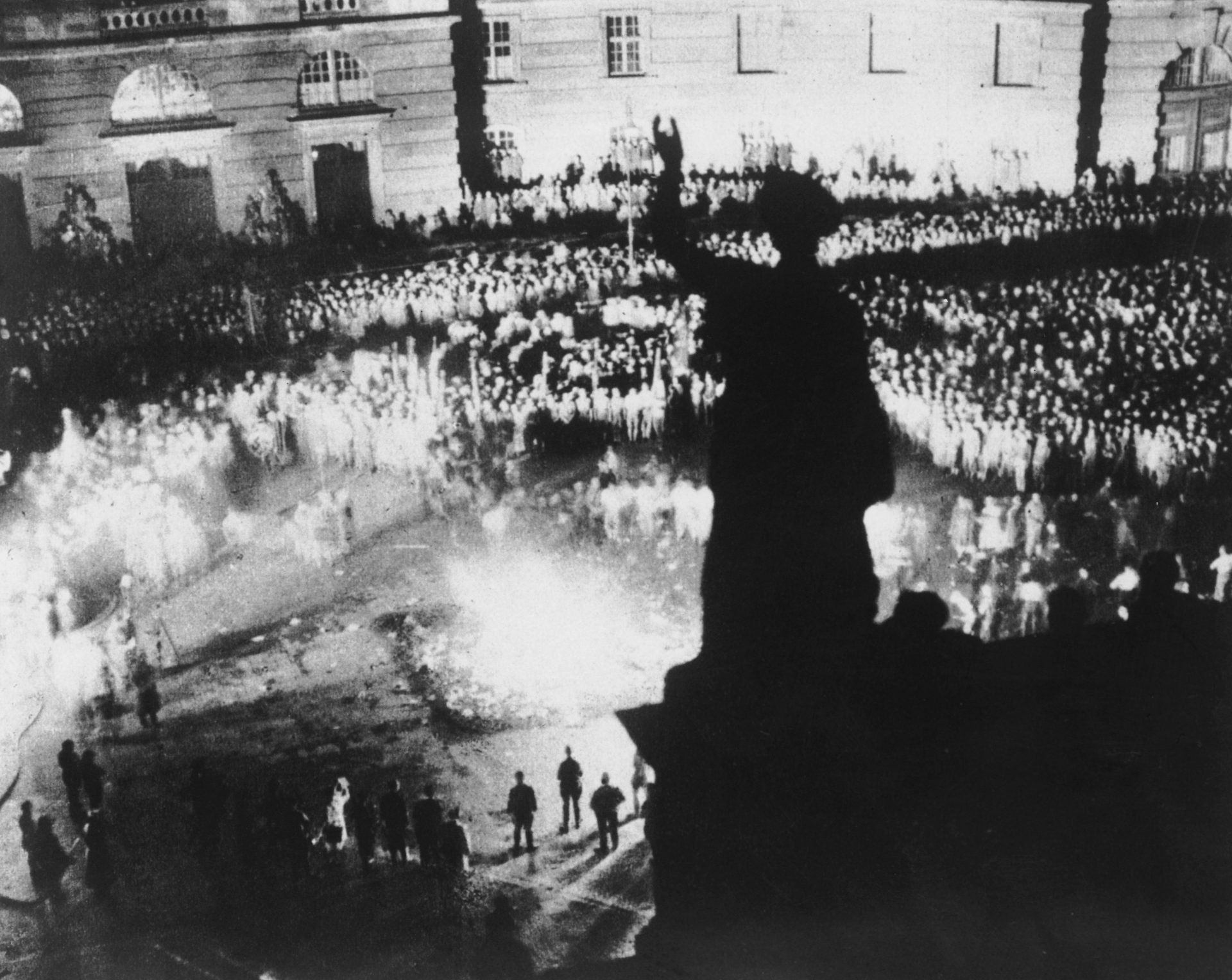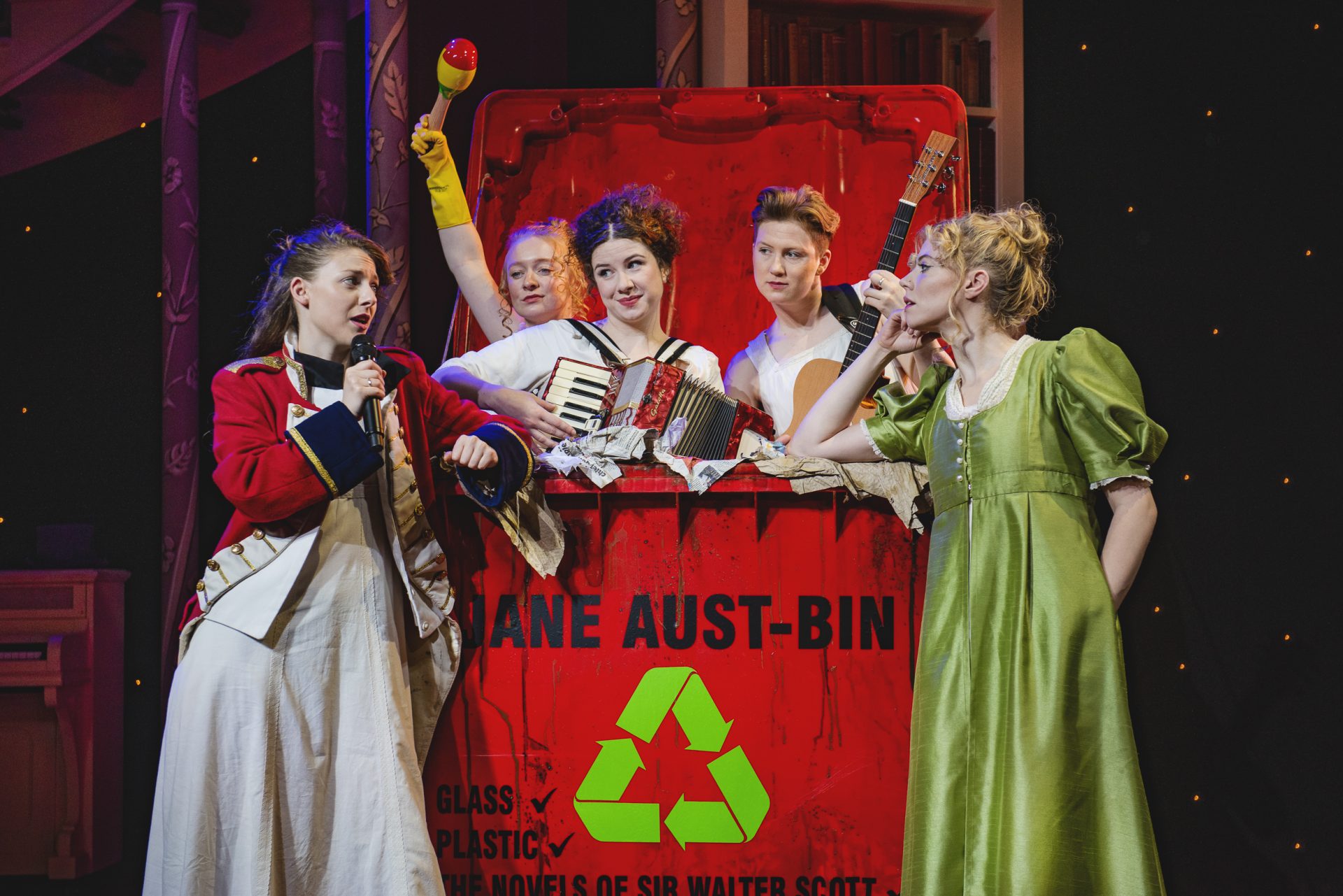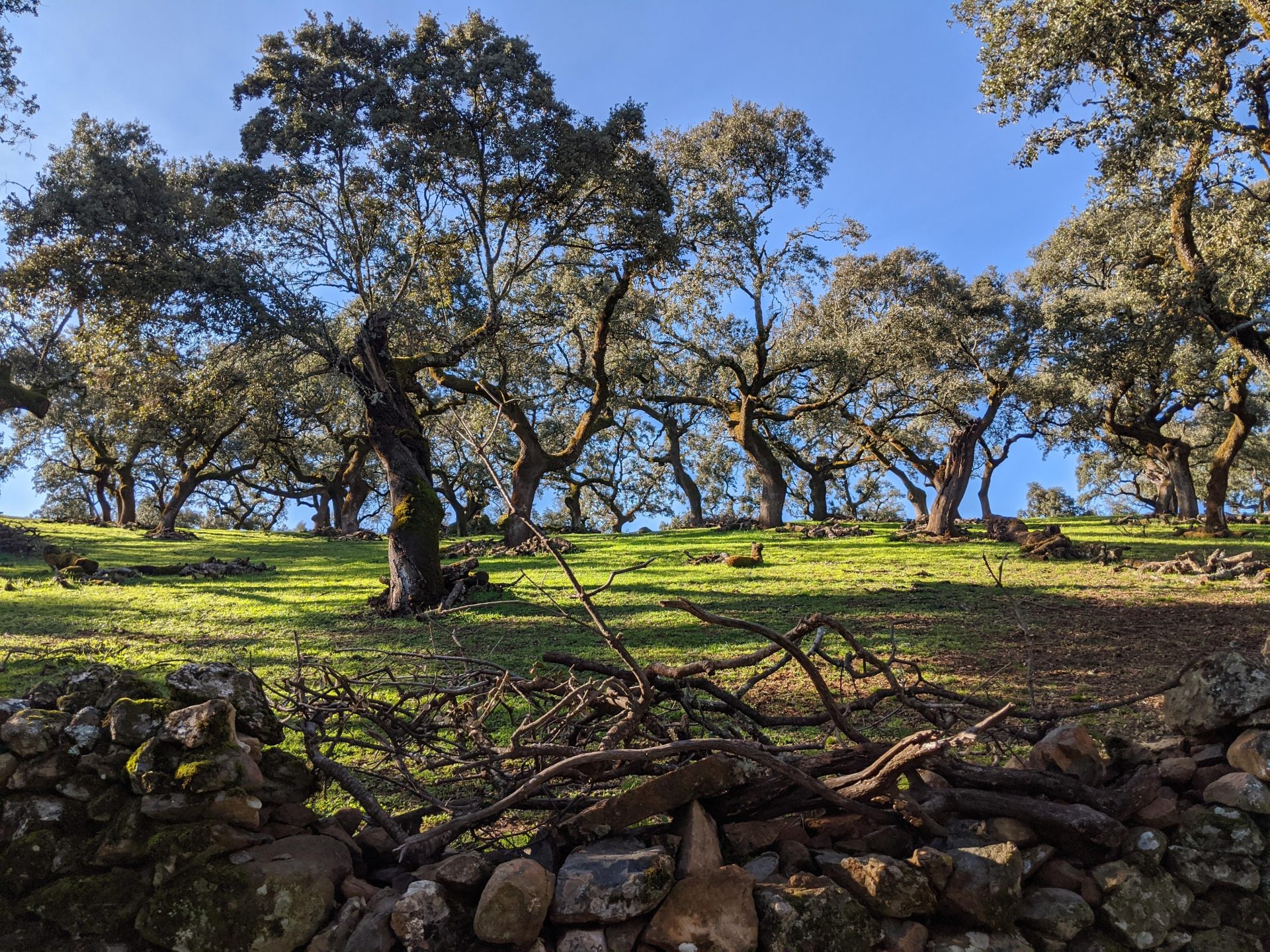Spotsylvania County, Virginia, doesn’t normally garner much attention beyond, well, Spotsylvania County, Virginia. The Confederate general Thomas “Stonewall” Jackson was mortally wounded there during the American Civil War – accidentally, by his own side – but otherwise, Spotsylvania has trundled happily down the path of history, rarely drawing attention to itself.
A couple of weeks ago, however, a viral video on social media thrust the county into the global limelight thanks to another friendly-fire incident. Where Jackson was wounded in the arm, the Spotsylvania School Board succeeded in shooting itself emphatically in the foot.
The video clip was taken from a meeting at which the board had just voted in favour of removing a selection of books, containing what they regarded as “sexually explicit material” from every school library in the county. A parent had raised the issue after coming across several volumes of LGBT+ fiction available via a school library app and becoming particularly exercised by Adam Rapp’s widely praised YA novel 33 Snowfish, in which homeless teenagers try to escape harrowing pasts riddled with drug addiction and sexual abuse.
The ban was passed unanimously by the six-person board. The viral clip featured 24-year-old board member Rabih Abuismail stating, “I think those books … I don’t even wanna see ’em. I think they should be thrown on a fire.”
At which point another board member, Kirk Twigg, interjects: “I’m sure we’ve got hundreds of people out there who’d like to see those books before we burn ’em,” growling out the last two words with evident relish. Then, remembering that he’s an elected representative in a livestreamed public meeting, he adds, haltingly, “but… ah, ah, ah… just so we can identify within our community that we are eradicating this bad stuff.”
For Abuismail, even the banning and burning of “this bad stuff ” didn’t seem to be enough: the fact it was late at night when the motion was passed was a frustrating obstacle to this particular moral crusade. “As a Christian, who’s super-involved in youth ministry, I’m not even OK for those books staying in those libraries overnight,” he said of facilities closed until the next morning but still oozing their sinister wokeness unchecked into the night. “If we could get a team to go clean the books out tonight, I’d do it.”
This enthusiasm for setting fire to piles of books of which you don’t approve should not be seen as representative of the wider Spotsylvania community. Students immediately raised a petition against the ban and secured 5,000 signatures. Sixty-eight parents, librarians and students signed up to speak at last week’s meeting of the school board where the motion was reversed.
Only two people voted to retain the ban: Twigg, who had wondered aloud whether the ban should expand beyond their already niche definition of sexual explicitness on the grounds that “there is some bad, evil-related material that we have to be careful of and look at,” and Abuismail.
The Spotsylvania book burners may have been forced to click shut their Zippos this time but the incident is just one of many current attempts by the American Right – people who usually shout loudest about free speech and rail hardest against “cancel culture” – to ban books whose content diverges from their fantasy world of straight white people (with guns).
Last month, also in Virginia, the Republican gubernatorial candidate Glenn Youngkin made the banning of Toni Morrison’s Pulitzer Prizewinning novel Beloved, published in 1987, a key campaign issue. Since 2013, a Fairfax resident named Laura Murphy has campaigned for the book to be removed from schools after her son, now a lawyer on the Republican National Congressional Committee, found it “gross” when it was assigned as part of his studies.
Democratic governor Terry McAuliffe vetoed the move in 2016 but Murphy remains vocal on the issue. “Youngkin’s closing message of book banning and silencing esteemed Black authors is a racist dog whistle designed to gin up support from the most extreme elements of his party,” responded McAuliffe, “mainly his top endorser and surrogate, Donald Trump.”
Youngkin, who also promised to stop the teaching of critical race theory in Virginia schools, even though critical race theory has never been taught in Virginia schools, won the election.
Elsewhere, last month, Texas lawmaker Matt Krause drew up a list of 850 books available in the state’s school libraries about which he requires “more information” with a view to their exclusion. Naturally, nearly all of them are concerned with LGBT+ and Black issues.
The list includes This Is Your Time by Ruby Bridges, one of the first Black students to attend a previously all-white school, William Styron’s 1967 Pulitzer Prize-winning The Confessions of Nat Turner and How to Be an Antiracist by Ibram X.
Kendi. Two weeks ago, the Goddard school district of Wichita, Kansas, removed 29 similar titles from library shelves, including Margaret Atwood’s The Handmaid’s Tale.
This increasingly assertive censoriousness would normally be greeted on this side of the Atlantic with a tut, a shake of the head and a muttered, “America, eh? Blimey.” After all, it’s not like they haven’t got form for this sort of thing: Chaucer’s Canterbury Tales was banned there until 1959 for containing “obscene, improper and filthy material”, while the same year a children’s book called The Rabbits’ Wedding, by Garth Williams, was banned from libraries in Alabama because it featured nuptials between a white rabbit and a Black one (“I was completely unaware that animals with white fur were blood relations of white human beings,” said Williams).
Yet given the British Right’s increasing willingness to ape its wackier American counterparts, especially in its determination to seek out and take offence while simultaneously condemning “cancel culture”, libraries and publishers should possibly be prepared for a similar attack of conspicuous, highpitched snowflakery here.
The banning of books is a sensitive enough subject in Europe, but the talk coming out of Spotsylvania about burning them is particularly troubling. After all, you only have to walk across Bebelplatz in Berlin to find among the cobbles a toughened glass panel set over a white room whose walls are lined with empty white bookshelves.
The installation commemorates the night of 10 May 1933 when an estimated 40,000 people gathered to watch a huge conflagration of books proscribed by the Nazi regime and written by authors who were Jewish, left-wing or had pro-democracy inclinations.
On a night labelled Säuberung (cleansing), by its organisers, more than 20,000 books by authors as diverse as Dostoevsky, Einstein, Hemingway, Conrad and even Helen Keller went up in flames.
The underground installation by the Israeli artist Micha Ullman is a stark and moving reminder of a sinister episode in European history, an early development directly linked to later murderous oppression.
On a plaque next to the installation is the famous line from Heinrich Heine’s 1821 play Almansor, which translates into English as, “Where they burn books they will, ultimately, also burn people.”
Incidents of book burning have been rare in this country although they do go back a long way. One of Charles II’s first acts after the Restoration in 1660 was to issue a proclamation condemning “traitorous” books that justified the 1649 “murder” of his father on the executioner’s block. He named two books by Paradise Lost author John Milton and another by John Goodwin, copies of which were then publicly burned by an executioner.
Book bannings here have generally arisen from a peculiar British prudishness more than anything else. Last year saw the 60th anniversary of the Lady Chatterley’s Lover trial in which Penguin was unsuccessfully prosecuted for obscenity after publishing D.H. Lawrence’s novel, while in 1994 the British government banned Your Pocket Guide to Sex, a pretty harmless book aimed at 16- to 25-year-olds, by the Just Seventeen magazine agony uncle Nick Fisher. “My book is very tame and responsible compared with bollocks like Basic Instinct,” the author protested.
Publishers in Britain are actively seeking to diversify the range of British authorial talent in the wake of movements such as Black Lives Matter and #MeToo. At the same time, we’re seeing a marked increase in noisy, divisive cultural standpoints and sweeping condemnatory opinions designed to silence minority voices.
It’s a standpoint rooted in fear as traditional narratives are increasingly challenged by fact-based corrections and more balanced retelling, but the backlash is loud and strong and will only grow louder and stronger. British libraries face enough challenges as it is without having their shelves ransacked by self-appointed censors entirely unqualified for the task.
As Kurt Vonnegut said in 1976, responding to one of many attempts to censor his work, “Every candidate for school committee should be hooked up to a lie-detector and asked these questions: have you read a book from start to finish since high school? Did you even read a book from start to finish in high school?
“If the truthful answer is ‘no’, then the candidate should be told politely that he cannot get on the school committee and blow off his big bazoo about how books make children crazy”.
A European Library
A weekly selection of fiction and non-fiction, new and old, to build a comprehensive literary portrait of our continent.
OS MAIAS by José Maria de Eça de Queirós (Carcanet Press, £9.95).
Described as the Proust of Portugal, Eça de Queirós wrote his masterpiece Os Maias during the 1880s while living in Bristol and working as a diplomat. The novel tells the story of a wealthy family in fin-de-siècle Lisbon and is a brilliant, epic satire on the decadence of Portuguese high society.
Fellow novelists Honoré Balzac, Gustave Flaubert and Emile Zola were fans of a writer who deserves to be better known outside the Iberian peninsula.
A revival is long overdue.




